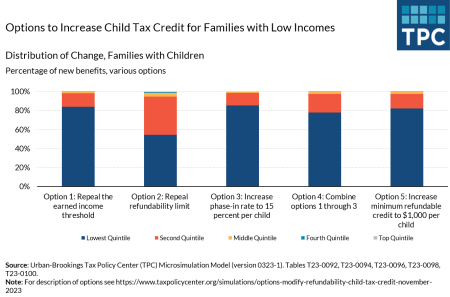The IRS has appealed the Tax Court’s second decision in Medtronic Inc. v. Commissioner, and the Eighth Circuit’s ruling will have major reverberations for a particularly high-stakes and litigation-prone area of tax law.
In early September, the IRS wisely decided to appeal the Tax Court’s decision in Medtronic II, T.C. Memo. 2022-84. The appeal is the IRS’s second in a section 482 transfer pricing case that began with Medtronic’s 2011 Tax Court petition. Section 482 authorizes the IRS to allocate income among related parties to clearly reflect income, a statutory mandate that Treasury and the IRS have implemented through an elaborate regime of transfer pricing regulations. The section 482 regulations adopt the arm’s-length standard, which attempts to clearly reflect income by pricing the transactions among related parties as if they had been unrelated enterprises dealing at arm’s length.
The case concerns the best method under the section 482 regulations to price the license by Medtronic of its core pacemaker and implantable neurological device patents, the know-how necessary to make the devices, the regulatory approvals required to market them, and related intangibles to an offshore subsidiary with manufacturing operations in Puerto Rico in 2001.
The company claims that the appropriate intercompany royalty rate, which determines how much income is taxable in the United States and how much benefit from preferential treatment can be offered by Puerto Rico, can be determined by taking the royalty charged in a 1992 litigation settlement agreement between Medtronic and Siemens Pacesetter Inc. The IRS claims that the Pacesetter agreement is too different from the intercompany license to serve even as a starting point.
After the Tax Court decided the case largely, but not entirely, in Medtronic’s favor in 2016, the IRS successfully appealed to the Eighth Circuit. The Eighth Circuit’s 2018 opinion vacating the Tax Court’s decision and remanding the case admonished the Tax Court judge for failing to adhere to the regulations that dictate the selection of transfer pricing method. On instructions from the Eighth Circuit to apply the relevant regulatory standards on remand, the Tax Court held a second trial in 2021.
Although the Tax Court’s 2022 opinion endorsed what it referred to as an “unspecified method,” permitted by the regulations when methods recognized by the regulations don’t yield a reliable measure of an arm’s-length result, its method was essentially a variant of the method it accepted in 2016. The court again rejected the IRS’s method, called the comparable profits method, which assigns a return to the offshore entity based on the profit that an independent enterprise performing comparable functions would have earned.
Medtronic’s preferred method and the method again accepted by the Tax Court uses a very different transaction to establish a baseline for the royalty rate and then tries to adjust that baseline to account for the differences. The choice between the two determines the fate of hundreds of millions of dollars in taxable income.
It’s easy to lose sight of the big picture beneath the technical and methodological minutiae. What’s important is that the IRS’s method keeps most of the profit generated by U.S.-developed intangible property within the U.S. tax base, while the transactional method favored by Medtronic and the Tax Court allows a disproportionate amount of group profit to leak out to a low-tax jurisdiction.
Despite any judicial precedent or taxpayer claims to the contrary, the regulations (which are presumptively binding and have not been challenged in this case) require rejection of the transactional method as proposed by Medtronic and accepted by the Tax Court. Supporting the other view is the idea that the arm’s-length standard is the policy inherent in the underlying statute, and because this policy naturally prefers transactional methods, it favors a transactional approach.
The Eighth Circuit’s decision will have major repercussions, not only for Medtronic but potentially for all U.S.-based multinationals with valuable intangibles developed in the United States.
If Medtronic wins, it will perpetuate the idea that the law, and the presumptive validity of the regulations that it requires, is subordinate to an extratextual principle read into the statute. If the IRS wins, it will affirm the ability of Treasury and the IRS to prevent profit shifting by establishing strict transactional comparability standards and reliability conditions for transfer pricing methods.
The stakes are high. Although the Eighth Circuit’s ruling will not technically be binding on the Tax Court in cases for which an appeal would be decided by another circuit, the second Medtronic opinion will have significant ramifications for the standard of judicial review in section 482 cases.
Whatever the merits of administrative agency deference in other contexts, effectively setting aside the regulations will seriously impede the IRS’s ability to protect the U.S. tax base against aggressive intellectual property planning techniques.
Read the full article here








